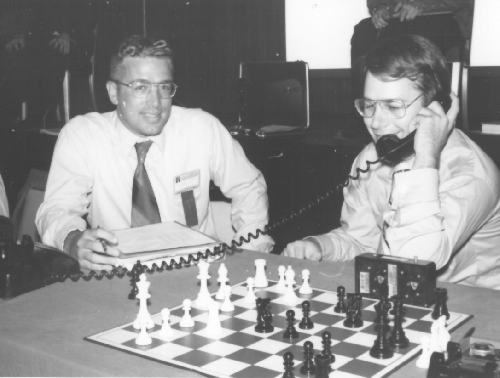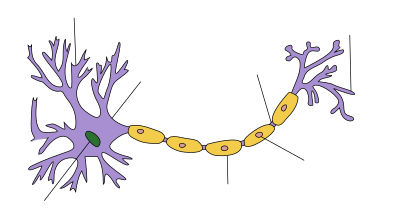Wow Really! I need to buy some books, or to find a good library...Carey wrote:For Michie, how about checking "On Machine Intelligence", 1974, Donald Michie.Gerd Isenberg wrote: Sure, but there is still the question about the program of M. Smith called SOMA from 1961. And the SOMA algorithm by Donald Michie from 1966! Looking for references.
In the Spracklen's article on writing Sargon, they say about that book:
Michie's book provides an excellent treatment of exchange evaluation. He uses the concept of an exchange polynomial for accurately determining the outcome of battles engaged on the board. The basic approach we used in XCHNG, the Sargon exchange evaluator, turned out to be surprisingly similar. Sargon's approach, however, is far less computationally complex. We highly recommend this reference to anyone planning to write a chess program without look-ahead.
The date is later, of course, but it sounds a lot like it would be related to the original SOMA stuff.
But what issue of Machine Intelligence could it be?

